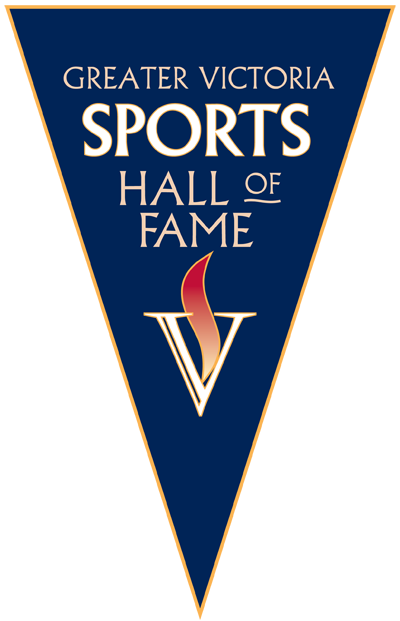Known fondly as the Strikeout Queen for the way her windmill pitching style and pinpoint accuracy stymied batters, Gail Archibald was truly a women's softball pioneer.
The girls' game in the late 1950s was a high-scoring affair, but the keen young Vic High student, also busy competing in basketball and track, was a fast learner. Pitching for the Victoria junior Polyettes, later the Vicettes, Archibald and her mates racked up provincial championships almost as fast as the K's filled her game-sheets.
Senior B titles came from 1959 to 1963 - the Vicettes captured a Western Canadian title in '63 thanks to a shutout from workhorse Archibald in an extra-inning final. They won two B.C. Senior A titles led by their fireballing ace, and reached the Canadian final in 1965.
Archibald shifted to the Vancouver Texacos then the Eldorados for her final four seasons of senior ball, garnering more top pitcher awards but falling just short of the elusive Canadian championship.
SPONSORED BY HOWE & GRAMLICH WEALTH MANAGEMENT
He played in more than 200 professional matches and won the 1979 Soccer Bowl with the Vancouver Whitecaps. Yet for Victoria's Bob Bolitho, who played youth soccer with Gorge and won a senior amateur national title with the London Boxing Club, playing for his country was among the biggest thrills of his career.
The versatile defender-midfielder joined the national team in 1974 and spurned offers to turn pro out of a desire to play in the 1976 Olympics. Bolitho played well in a pair of Canadian losses at the Summer Games, and earned offers from five North American Soccer League pro teams. He would call the Olympics the "greatest thrill of my life."
He starred from 1977 to 1980 with the Whitecaps and played for three other NASL teams before ending his pro career.
Showing uncanny anticipation and ball-handling skills, Bolitho earned 37 caps in seven years for Canada and helped prove this country belonged on the world soccer stage.
SPONSORED BY VANCOUVER ISLAND SOCCER LEAGUE






